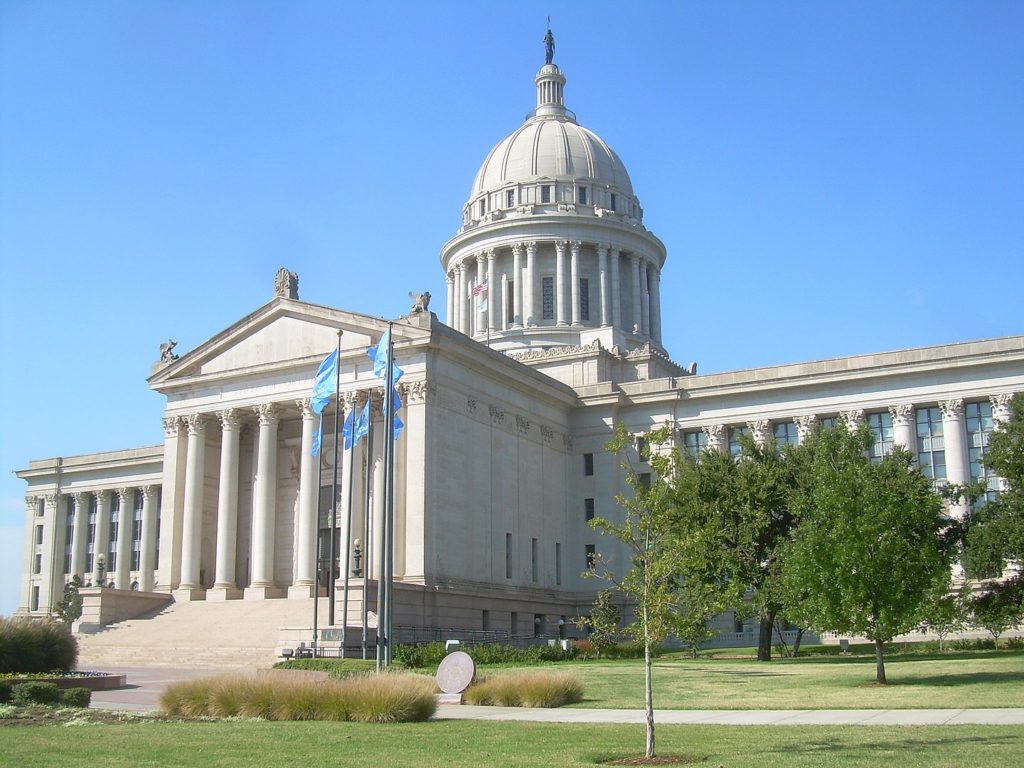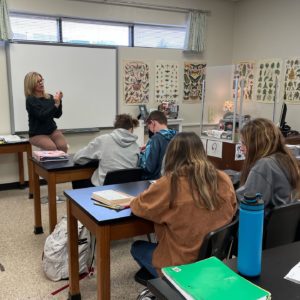Oklahoma bill imposes burden, threatens to defund virtual charter schools
A bill introduced in the Oklahoma House seeks to impose more rigorous restrictions on virtual charter schools, threatening to remove state funding if such schools do not or cannot comply.
House…

A bill introduced in the Oklahoma House seeks to impose more rigorous restrictions on virtual charter schools, threatening to remove state funding if such schools do not or cannot comply.
House Bill 3551 would require virtual charter schools to meet all the same standards as a brick-and-mortar alternative school in order to receive funding – a requirement that virtual school administrators fear will be used against them.
“We do believe that we meet the criteria of the law. We, however, do not meet the criteria sometimes in the same manner as a traditional, educational model, simply because we are in the virtual realm,” said Jennifer Wilkinson, executive director of Insight School of Oklahoma (ISOK).
Some criteria for alternative education schools would be more difficult to achieve in a fully virtual environment, such as the requirement to provide opportunities for student to join vocational programs and extra-curricular activities including sports, band and other clubs.
“It would be very impactful because those extra supports that some of our most at-risk students need do cost extra funds, and so that would hinder us in being able to provide a holistic educational opportunity for our students,” Wilkinson continued.
ISOK instructs roughly 1,150 students in a virtual alternative education environment, providing educational opportunity to young people who might otherwise slip through the cracks of the state system.
“ISOK students are sixth- through 12th-graders who were not able to thrive in other schools,” explains Cindy Friedemann, president of the Board of Education for ISOK.
“Some are teen parents, some are recovering from addiction, some have challenging medical conditions, and some need to support themselves with jobs during the regular school day. Whatever their circumstances, all these students chose ISOK to help them recover, learn and get back on track.”
HB 3551 is not the first attempt from some state leaders to defund virtual alternative education programs like ISOK. In November, the state Department of Education considered a rule change that would have required all alternative education programs in the state to operate in person. The rule change did not pass.
HB 3551 “would force students back into schools they left — schools that were not able to serve their needs,” Friedemann concluded. “That is unfair.”



